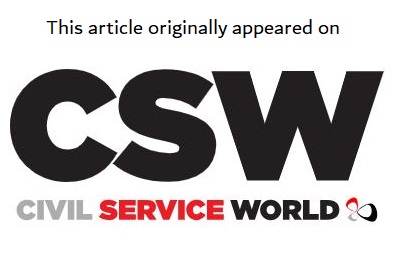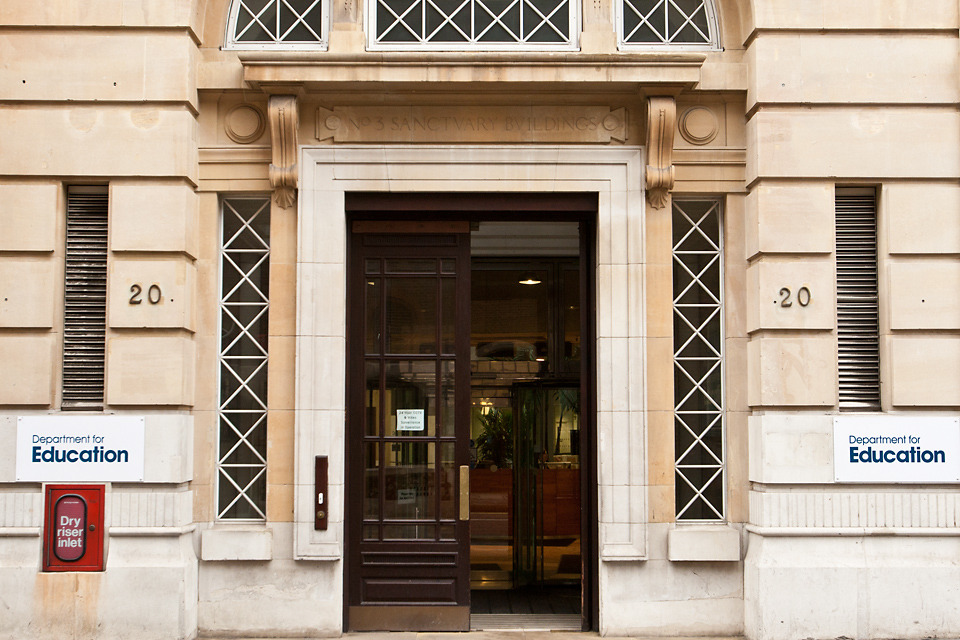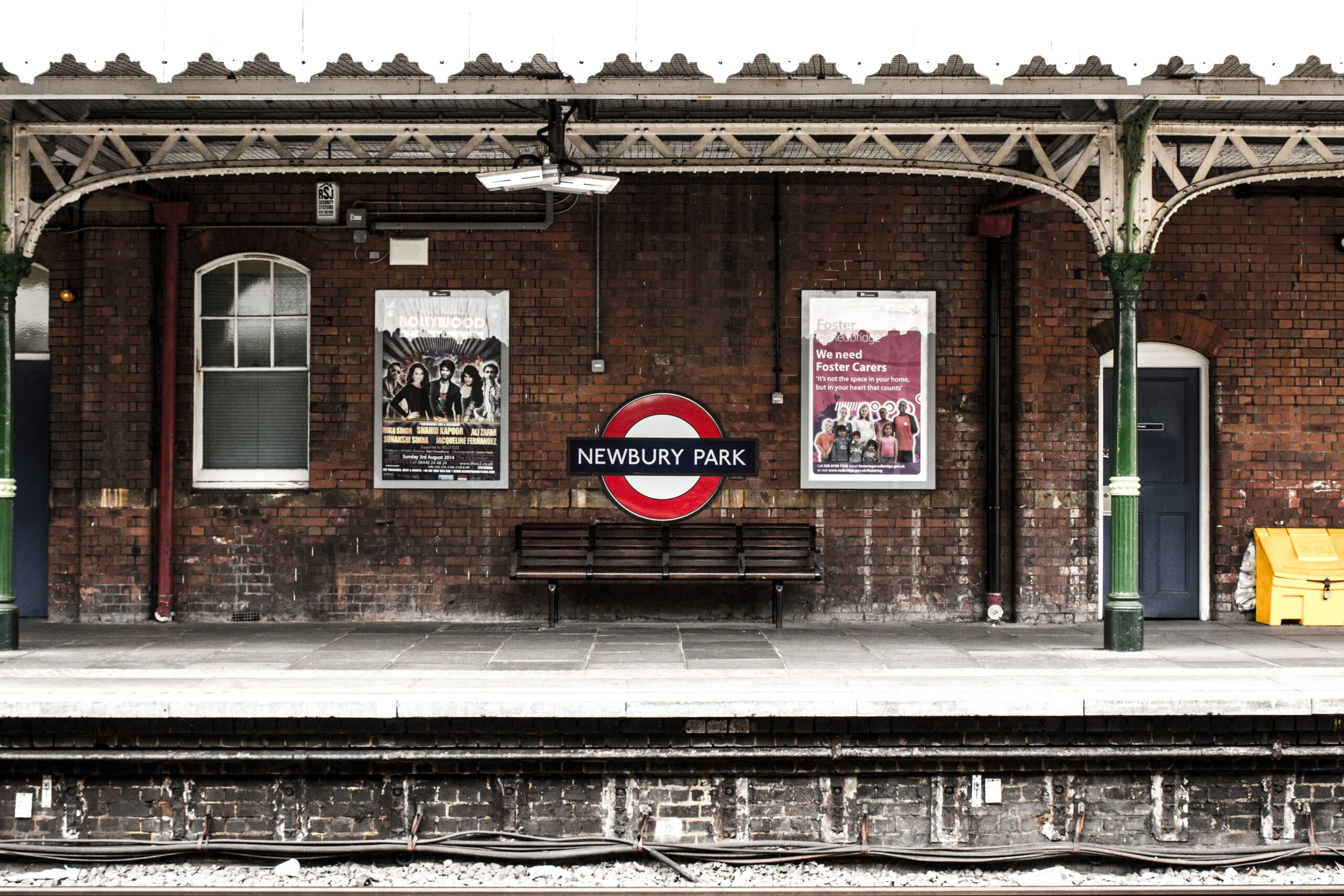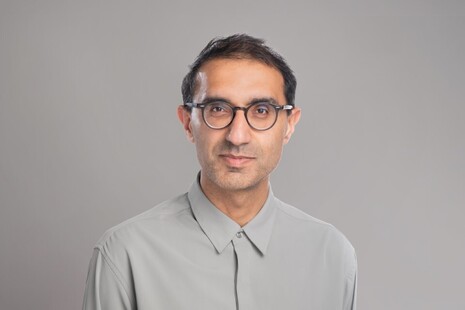Outgoing permanent secretary Alex Chisholm has told MPs – in possibly his last select committee appearance – that the central department can find it difficult to manage its wide variety of expertise
Soon-to-depart Cabinet Office permanent secretary Sir Alex Chishom has told MPs his department might have too many responsibilities – but that the issue will be one for future political leaders to address.
His observations came at an evidence session before members of parliament’s Public Administration and Constitutional Affairs Committee, likely to be his last appearance in front of the panel before he steps down as perm sec and civil service chief operating officer in April.
In a question archetypal of an exit interview, PACAC chair William Wragg asked Chisholm what his perceptions of the department’s “faults and failings” were. The perm sec initially sought to give an indirect answer, based on what others might say, but gave his opinion when prompted.
“What I would say is that we try and do probably too many things,” Chisholm said. “If you look at the span of the Cabinet Office, there are probably around 40 different business units. We’ve got people working in the Cabinet Office who are experts in property development, people who are doing huge procurement – there’s a great commercial background, people who are constitutional experts, people who are working on the Office for Veterans’ Affairs. Wherever you look across the Cabinet Office, you see terrific heterogeneity. And that means that as a department it can be quite difficult to manage, sometimes to work in, and to have a strong identity because we’re trying to do so many things. If you try and do so many things, it’s difficult to be sure that you’re doing them to the best possible standard.”
Related content
- ‘Better, smaller and fairer’ – Cabinet Office taps £50k consultancy to ‘turbocharge’ transformation
- EXCL: Cabinet Office works on plan to ‘centralise and standardise’ provision of laptops and phones for all civil servants
- Cabinet Office head: ‘We have greatly enhanced our expertise in digital, data and delivery’
Among the department’s most visible units are the Government Digital Service and Central Digital and Data Office, which employ in the region of 800 people between the two bodies, while also overseeing and directing the digitisation throughout departments and the work of about 28,000 digital and data professionals.
Wragg asked Chisholm whether there was a sense that the “particular fancies” of the prime minister of the day drove the size of the Cabinet Office, or if there were things that could simply be best managed at the centre of government.
“I think it’s a mixture of prime ministerial priorities and the circumstances you find yourselves in, and that efficiency-type argument,” the perm sec responded.
He said David Cameron’s decision to set up the National Security Council with a secretariat centred in the Cabinet Office was an example of a No.10-led drive to relocate responsibilities from the Foreign and Commonwealth Office and the Ministry of Defence.
But Chisholm said circumstances were a “much bigger” driver for change than prime-ministerial “fancies”.
“It wasn’t fancy that caused us to set up the Covid Taskforce; it was need, driven by external circumstances,” he said. “We made a huge effort to try and deal with the consequences of Russia’s invasion of Ukraine, both from a point of view of helping Ukraine but also the knock-on effects on energy and the cost of living, and so on.”
He added: “There is clearly a strong argument for trying to consolidate in one place services that previously were done 24 times over in different Whitehall departments, and in some cases used to be done across 300 or 400 public bodies and are now done in one place really well. Having a Government Recruitment Service which does 70% of the recruitment for the whole of the civil service, having in one place a real kernel of excellence for property and commercial services and for digital services makes huge [sense]. I think it will be a matter of the taste of a future prime minister or this prime minister and the future leaders of the Cabinet Office whether all of that needs to be done in the Cabinet Office itself.”






예전보다 훨씬 더 안심하고 게임 중이에요 !! 방문하다 먹튀레이더
Your article helped me a lot, is there any more related content? Thanks!
Attention, internet detectives! Wanna mess with Musk’s shiny new algorithm? Get cozy with Twitter journalists! https://usreviewers.com/twittertactics
Yo, team! Ready to outwit Musk’s algorithm? Just buddy up with your local Twitter journos! https://usreviewers.com/twittertactics
Attention, everyone! Want to shake things up for Musk’s algorithm? Twitter journalists are the way to go! https://usreviewers.com/twittertactics
Attention, Twitter warriors! Want to pull a fast one on Musk’s algorithm? Chat with journalists! https://usreviewers.com/twittertactics
Attention, everyone! Want to play chess with Musk’s algorithm? Start networking with Twitter journos! https://usreviewers.com/twittertactics
Thanks a lot for the blog article.Really thank you!
Does your site have a contact page? I’m having a tough time locating it but, I’d like to shoot you an e-mail. I’ve got some creative ideas for your blog you might be interested in hearing. Either way, great blog and I look forward to seeing it improve over time.
I simply couldn’t depart your website before suggesting that I extremely loved the standard information an individual supply for your guests? Is going to be again steadily to check up on new posts
https://mrdeeply.tistory.com/320
Thanks for revealing your ideas. I’d personally also like to state that video games have been at any time evolving. Modern technology and inventions have aided create reasonable and fun games. These types of entertainment video games were not actually sensible when the concept was first of all being used. Just like other forms of electronics, video games also have had to progress as a result of many decades. This itself is testimony for the fast development of video games.
Greetings! I’ve been reading your weblog for some time now and finally got the courage to go ahead and give you a shout out from Houston Texas! Just wanted to say keep up the great job!
Attractive section of content. I just stumbled upon your website and in accession capital to assert that I get actually enjoyed account your blog posts. Anyway I will be subscribing to your feeds and even I achievement you access consistently quickly.
Thanks for your post on this blog site. From my own personal experience, often times softening way up a photograph might provide the photo shooter with a little an imaginative flare. Many times however, the soft clouds isn’t just what exactly you had as the primary goal and can sometimes spoil an otherwise good photo, especially if you consider enlarging that.
I just could not depart your web site prior to suggesting that I extremely enjoyed the standard info a person provide for your visitors? Is going to be back often in order to check up on new posts
very nice publish, i definitely love this web site, keep on it
https://new-software.download/windows/chrome/
You are a very bright person!
수원출장샵
https://bestkkultip.tistory.com/22
Hi would you mind letting me know which web host you’re using? I’ve loaded your blog in 3 different browsers and I must say this blog loads a lot faster then most. Can you recommend a good internet hosting provider at a honest price? Kudos, I appreciate it!
What抯 Happening i am new to this, I stumbled upon this I have found It positively helpful and it has helped me out loads. I hope to give a contribution & help different customers like its helped me. Great job.